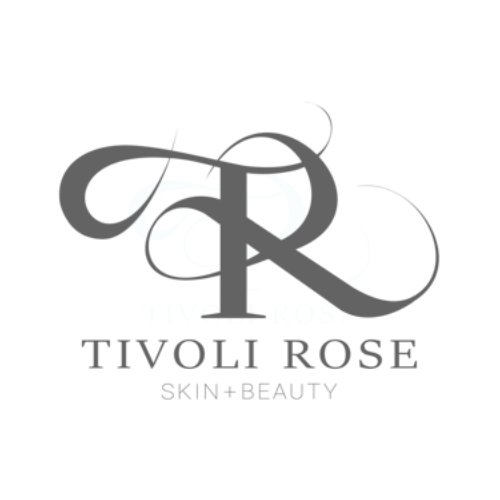Your Skin Through the Decades: What It Needs in Your Twenties, Thirties, Forties, Fifties and Beyond
/Our skin is constantly evolving — shaped by age, hormones, lifestyle, and environmental factors. Understanding how it changes through the decades helps us care for it in the most effective and supportive way. Here’s a breakdown of what happens to the skin as we age, and how to respond with the right ingredients and in-clinic treatments.
Twenties: Prevention & Protection
What’s Happening to the Skin
In your twenties, skin is generally healthy, resilient, and glowing. Collagen production is high, cell turnover is efficient, and hydration levels are balanced. However, this is also when habits and environmental exposure begin to affect long-term skin health. Early signs of damage can start forming beneath the surface — even if they’re not visible yet.
What the Skin Needs
Key Skincare Ingredients:
SPF (broad-spectrum, daily)
Vitamin C (for antioxidant protection and brightness)
Niacinamide (for oil balance and barrier support)
AHAs or BHAs (gentle exfoliation to maintain radiance)
In-Clinic Treatments:
Deep cleansing or balancing facials
Light exfoliating treatments or peels
Preventative therapies like LED or hydration-based treatments
Thirties: Early Repair & Hydration Support
What’s Happening to the Skin
By the thirties, collagen and elastin production start to decline, and skin may begin to show the first signs of aging such as fine lines, dullness, and slower healing. Hormonal fluctuations may also return (especially post-pregnancy), sometimes triggering breakouts or pigmentation.
What the Skin Needs
Key Skincare Ingredients:
Hyaluronic acid (for deep hydration)
Peptides (to encourage collagen production)
Retinoids (to boost cell turnover and reduce early lines)
Antioxidants (to protect against free radicals)
In-Clinic Treatments:
Collagen-stimulating facials or microneedling
Skin-brightening or resurfacing treatments
Hydration-focused services
Forties: Firmness, Texture & Tone
What’s Happening to the Skin
In the forties, collagen loss becomes more noticeable, and skin may appear thinner, less firm, or uneven in tone. Expression lines may deepen, and hormonal shifts can lead to dryness, pigmentation, or breakouts. The skin barrier may also become more vulnerable to environmental stress.
What the Skin Needs
Key Skincare Ingredients:
Retinol or retinaldehyde (for firmness, texture, and clarity)
Ceramides and fatty acids (to restore the barrier)
Vitamin C and E (for repair and radiance)
Peptides or growth factors (for regeneration)
In-Clinic Treatments:
Skin tightening or lifting treatments
Medium-depth peels or microneedling
Targeted treatments for pigmentation or uneven tone
Fifties: Resilience & Restoration
What’s Happening to the Skin
Menopause often brings a sharp drop in estrogen, which significantly affects skin thickness, hydration, and elasticity. Skin may feel drier, more fragile, and show more defined lines and laxity. There can also be a noticeable loss of volume and radiance.
What the Skin Needs
Key Skincare Ingredients:
Rich moisturisers with ceramides and cholesterol
Phytoestrogens (plant-based compounds that support hormonal balance)
Gentle retinoids (to maintain turnover without irritation)
Barrier-repairing ingredients (like panthenol and squalane)
In-Clinic Treatments:
Rejuvenating or lifting treatments
Barrier-supportive and nourishing facials
Non-invasive procedures for volume or texture improvement
Sixties and Beyond: Comfort, Care & Radiance
What’s Happening to the Skin
As skin ages further, it becomes thinner, more sensitive, and slower to repair. Concerns like deep lines, sagging, dryness, and age spots become more prominent. However, with the right care, skin can still appear luminous and healthy.
What the Skin Needs
Key Skincare Ingredients:
Hydrating serums with hyaluronic acid and glycerin
Emollients and occlusives (to lock in moisture)
Brightening agents (like licorice root or azelaic acid)
Gentle exfoliants (to smooth skin without irritation)
In-Clinic Treatments:
Restorative and barrier-repair facials
Non-invasive firming or hydrating technologies
Treatments tailored for comfort and nourishment

